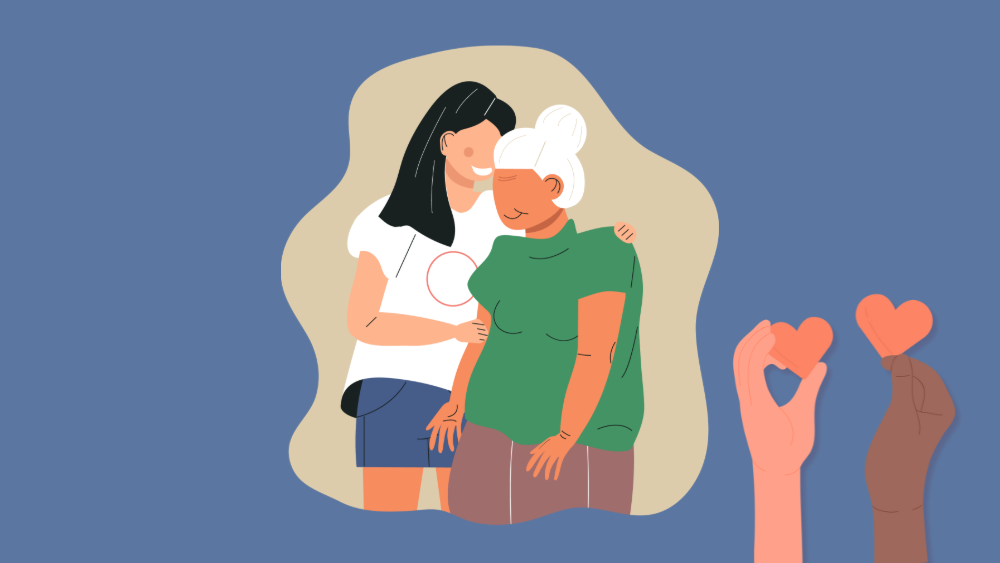Caring for a person experiencing any psychological or neurological difficulties can be very challenging. The caregiver has to adapt to the changing needs of the one they are caring for, while ensuring that this does not take a toll on their own physical and mental health. Here are some suggestions that would help caregivers to look after their cared ones and themselves.
During the initial time period:
Recognising that your cared one is experiencing issues and then receiving the diagnosis from a health professional is a difficult period in the caregiver journey. Some steps that could help are:
- Work on accepting the diagnosis. Denial prevents seeking interventions. Do not let it come in your way.
- Educate yourself about the impairments and diagnosis of your cared one.
- Talk to friends and family about the diagnosis to make them aware and give you a chance to share your emotions and receive support.
- Give yourself the space to feel your emotions about the health of your cared one as well as about your added responsibilities.
Day-to-day routines:
- Set up a system for any medication that needs to be taken regularly. You could use a pillbox from which the cared one takes their own pills, or set reminders in their phone, or a written timetable for you to give them the pills, etc.
- Try to include activities in the daily routine that stimulate different senses – sight, smell, hearing and touch or encourage movement e.g., music, tactile art-based activities, dance.
A touch of kindness:
Cared ones may not seem like themselves when experiencing psychological distress. Some days may be worse than others. Even during these times, they deserve your love, respect and kindness.
- Be gentle and respectful when speaking with them.
- Allow them to keep as much control and independence in their life as possible.
- Respect their personal space.
- If you are helping them for self-care activities or movement, verbally tell them what you are going to do as you help them so that their discomfort or surprise is minimised.
Looking after yourself as a caregiver:
Caregiving could create a burden on the person providing the care. So, look after your own physical and mental health too.
- Try to carve out a scheduled time (even if it is just half an hour) where you engage in an activity of your own interest, to unwind.
- Ask for help; whether it is from other family members, friends, care assistants or health professionals.
- Find and join a support group for caregivers online or in-person for a chance to share your difficulties and hear ideas that help others which you could try out too. The group would also reduce the feeling of isolation.
Psychological and neurological issues can be treated or managed. Don’t bear the caregiving burden alone. Come speak with our team of mental health professionals about your concerns and we can help address the issues more effectively!

